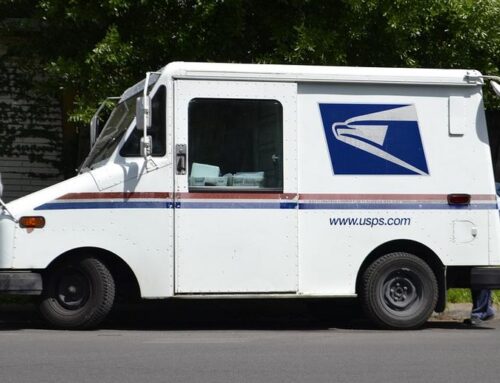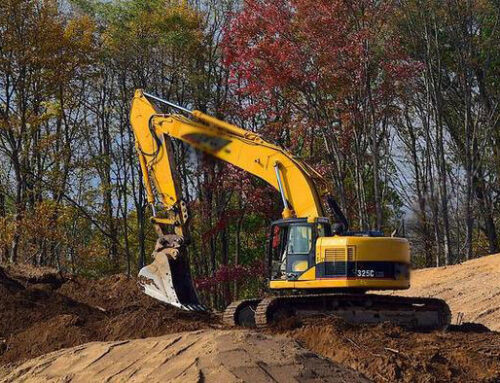William “Bill” Hurst
With winter fast approaching and colder weather already the Indianapolis Car Accident Lawyers at the Law Office of Hurst Limontes LLC would like to relay some safety tips for driving in inclement weather such as rain, snow, or ice. As you may suspect winter is an incredibly dangerous time of year for motorists and because of the natural hazards that the season brings. But by adhering to a few simple tips you can make your winter commute much safer and help to ensure that you get from point A to point B safely and avoid car and semi-truck accidents.
The Statistics
According to the U.S. Department of Transportation from 2002-2012 roughly 23% (1,311,970) of all vehicle crashes, 20% (480,338) of all crash related injuries, and 17% (6,253) of all crash related fatalities were caused by inclement weather. The types of inclement weather causing these crashes are as follows:
- Wet pavement:
- Rain:
- 11% of vehicle crashes, 46% of weather-related crashes
- 10% of crashes involving injuries, 52% of all weather-related crashes involving injury.
- 8% of all crash fatalities, 46% of all weather-related crash fatalities.
- Snow/Sleet:
- 4% of vehicle crashes, 17% of weather-related crashes
- 3% of crash injuries, 13% of weather-related cashes involving injuries
- 2% of crash fatalities, 13% of weather-related crash fatalities.
- Icy Pavement:
- 3% of all vehicle crashes, 12% of weather-related crashes
- 2% of crash injuries, 10% of weather-related crash injuries
- 2% of crash fatalities, 10% of weather-related crash fatalities.
As you can see inclement weather causes quite a few accidents. Whether it be due to inability to see, loss of traction, or other reasons, driving in inclement weather is both difficult and dangerous, but we have to do it. So what can you do to decrease the likelihood that you end up in an accident?
Tips to Stay Safe
Different types of inclement weather require different precautions to keep you safe, so we’ve broken down our tips into the same categories listed above.
- Wet Pavement:
- Slow down: When pavement becomes wet there is a loss of traction between your tires and the road. The only way to prevent this loss of traction from impacting the control you have over your vehicle is to slow your driving speed.
- Traction Control: If you have traction control on your vehicle you should be using it when driving on wet pavement. This feature maintains equal wheel speed by applying the brakes if one wheel is moving faster than the other, thus decreasing the chances your car fishtails out of control.
- Stability Control: Stability control is kind of another name for traction control in that they both keep your car going in the direction you want it to, keep both on when driving on wet pavement.
- Avoid standing water: Hitting a large pocket of standing water can lead to hydroplaning, sudden jerking, and other unfortunate circumstances. Keep your eyes out and try to avoid these large standing water pockets.
- Rain:
- Everything Above: All the things that apply to driving on wet pavement also apply to driving in the rain.
- Windshield Wipers: Be sure to always have functioning windshield wipers. That means both the blades themselves and the motor. Trust me, you don’t want to end up driving in a storm with brand new wiper blades only to find out your windshield wiper motor has failed, it’s not a pleasant experience. If you hear any type of grinding or clicking when your windshield wipers are on you should probably get the motor checked.
- Turn on your Defrost: Rain usually, if not always, is accompanied by a shift in air temperature, which causes your windshield to fog up. To prevent this from impairing your vision, simply turn on your defrost. If it gets too hot in the car, roll down a window.
- Snow/Sleet:
- Everything Above: Again, this is sort of a progressive list, so do all the things listed above.
- Distribute Weigh Evenly: No, this doesn’t mean the people in the car. It means make sure if you are driving a rear wheel drive vehicle or a truck that you weigh down your rear-end. Failing to do so often results in either having zero traction, which means you can’t go anywhere, or having inconsistent traction which results in you fishtailing out of control.
- Get Snow Tires: Snow tires, as there name implies, are built to provide optimum traction in the snow. If you can’t stomach the hundreds of dollars to buy tires to put on your car for the 3-6, maybe even 9 months in Indiana that it snows, then try to find some old school chains to wrap your tires in. Traction is the key to snow driving.
- Icy Pavement:
- Don’t drive on it: There really aren’t any solutions to icy pavement other than not driving on it. If you must drive on it please follow every tip provided above. Even the best drivers in the world can’t drive on ice.
We hope these tips have been helpful and wish you and your family’s safe travels throughout the holiday season.
Seek Help From An Experienced Indianapolis Car Accident Lawyer
If you or a loved one was injured in a car accident contact an Experienced Indianapolis Personal Injury Attorney immediately. Injuries resulting from car accidents require quick and experienced legal and investigative response to preserve any evidence and help present your case in the best light possible. Our Indianapolis Car Accident Lawyers are experienced at helping those injured receive the financial compensation they need after their injuries. Contact the Attorneys at the Indianapolis Law Office of William “Bill” Hurst or call us toll free at (800) 636-0808 for a free consultation. ¡Hablamos Español!






